- Your damaged tooth is removed.
- Your jawbone is prepared for surgery, a process that may involve bone grafting.
- After your jawbone heals, your oral surgeon places the dental implant metal post in your jawbone.
- You go through a healing period that may last several months.
- Your oral surgeon places the abutment, which is an extension of the implant metal post. (In some cases, when the implant is very stable, this can be done at the same time that the implant is placed.)
- After the soft tissue heals, your dentist will make molds of your teeth and jawbone and later place the final tooth or teeth.


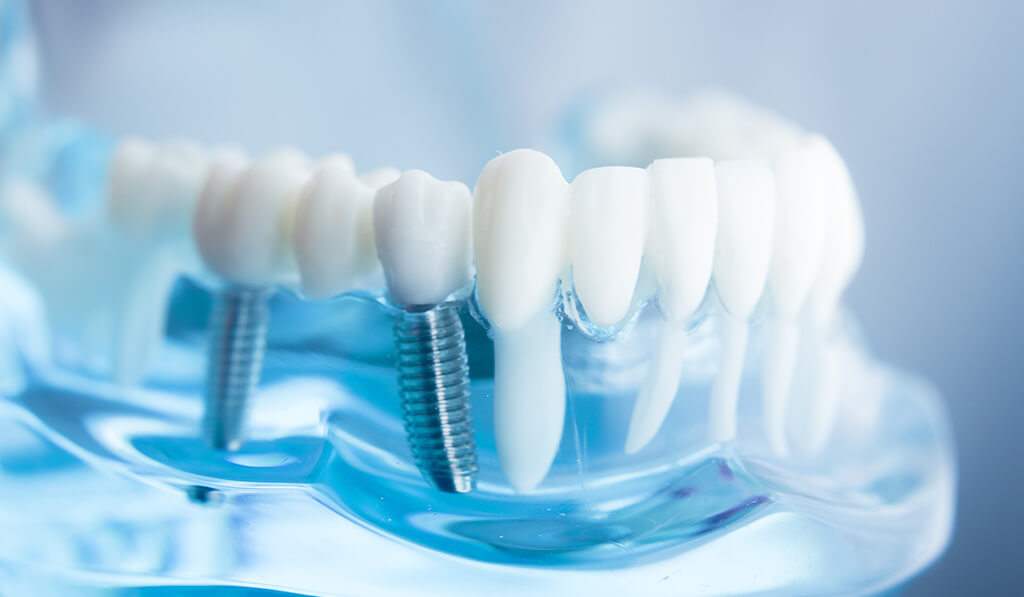

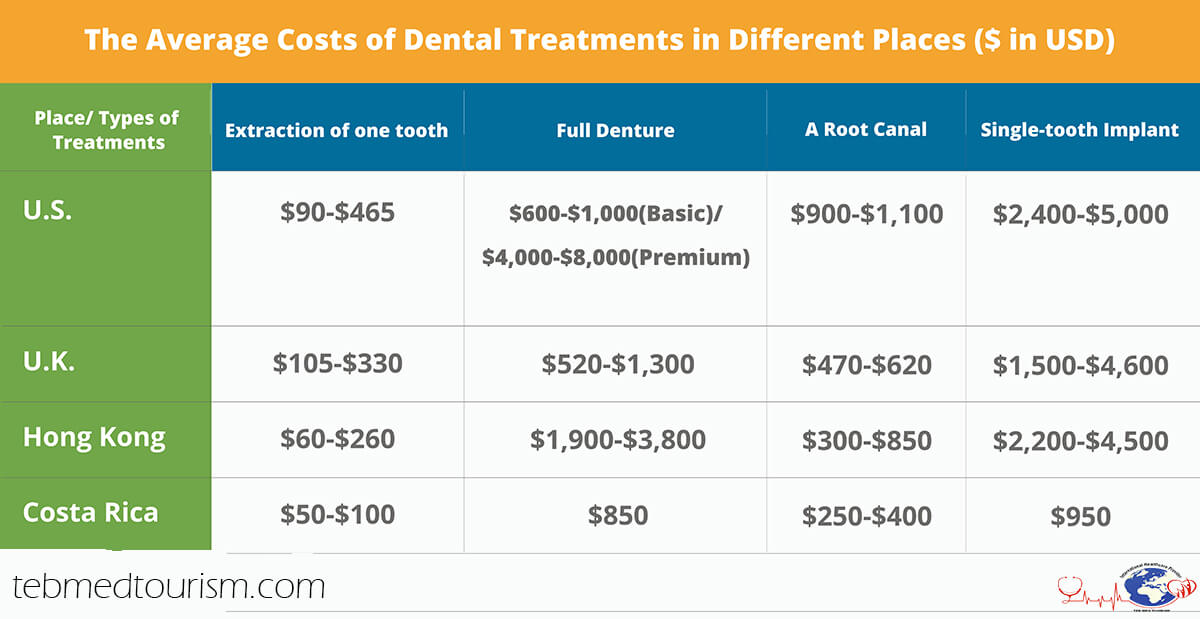
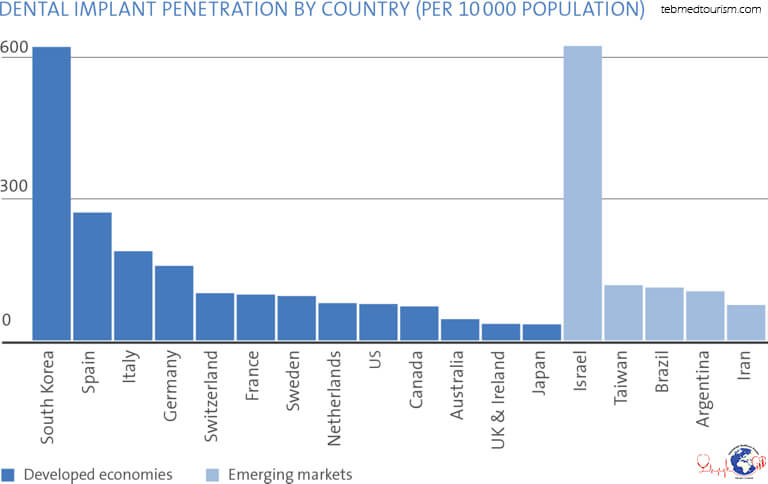
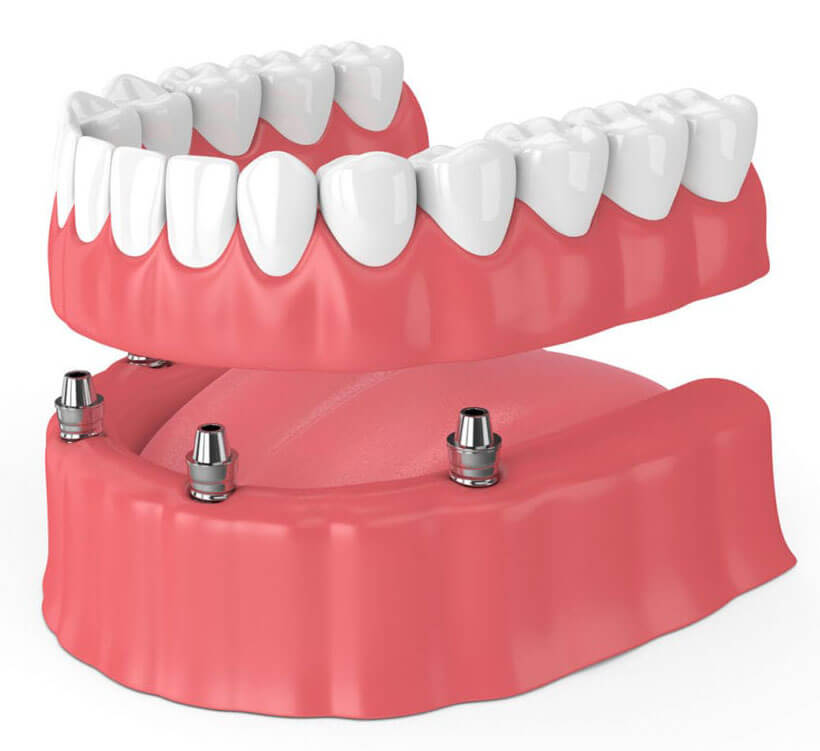
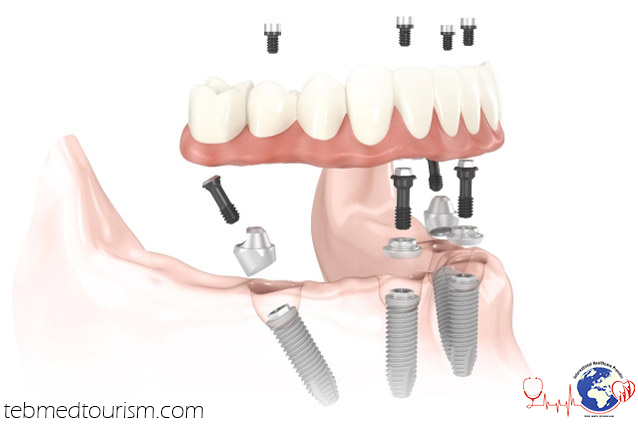
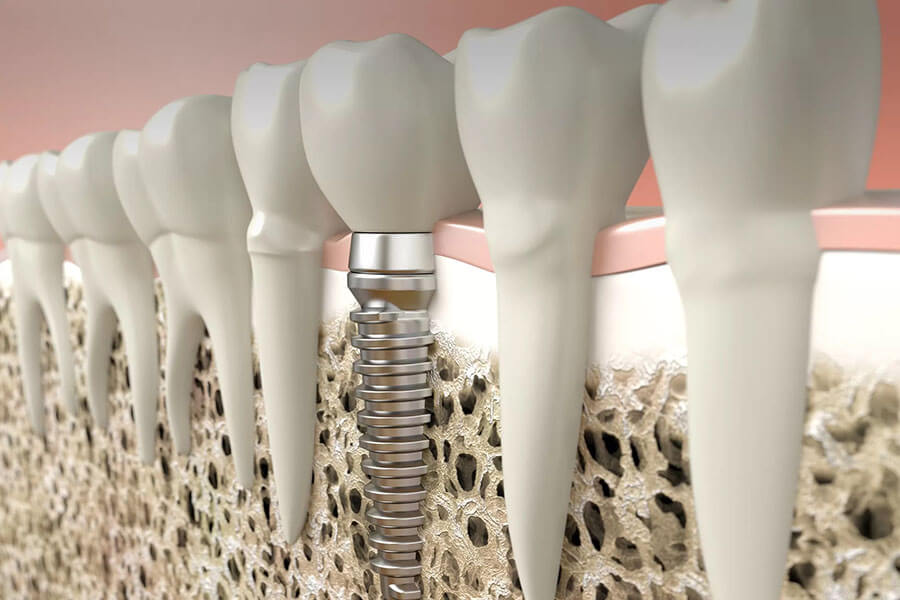

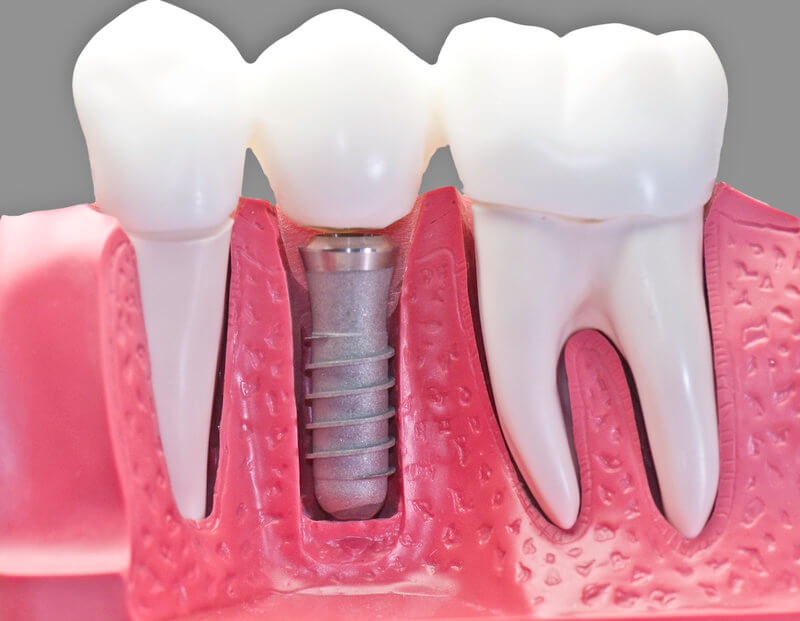
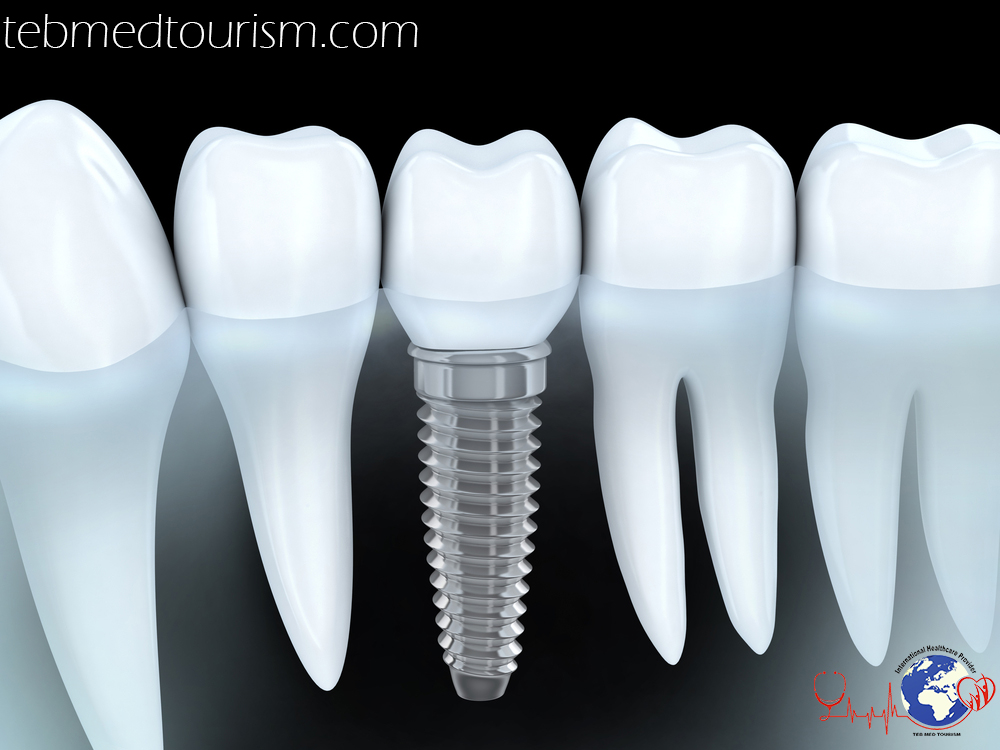
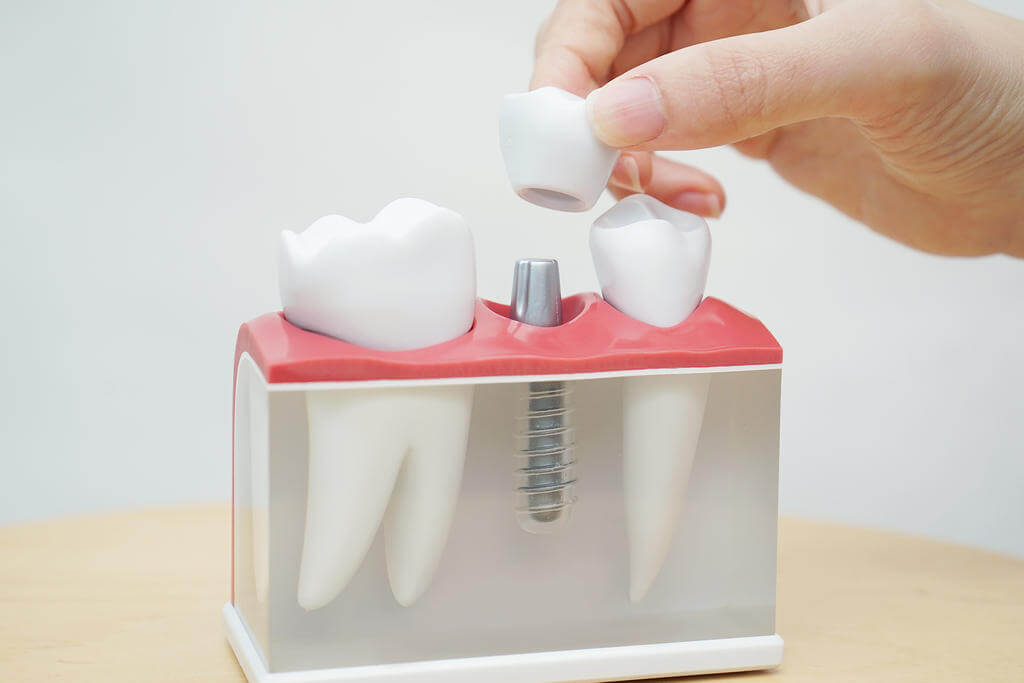
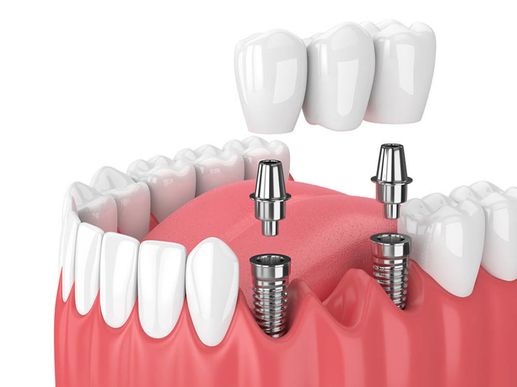





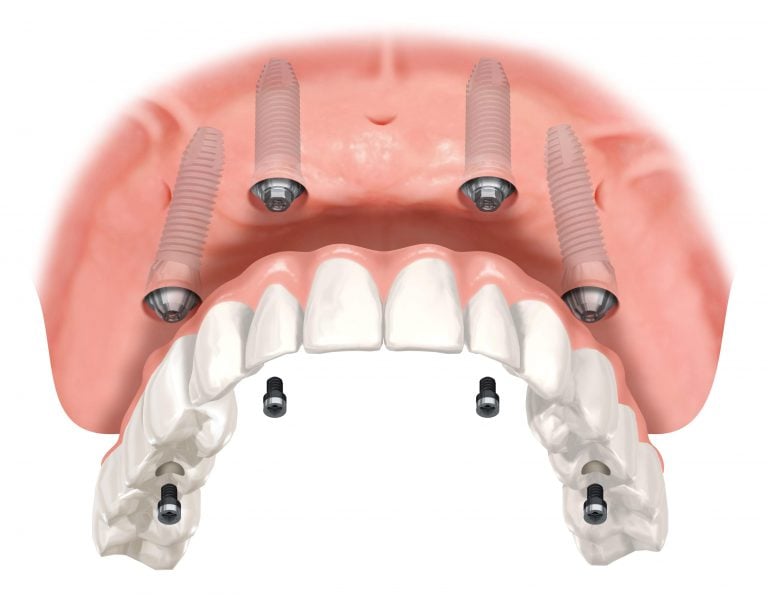
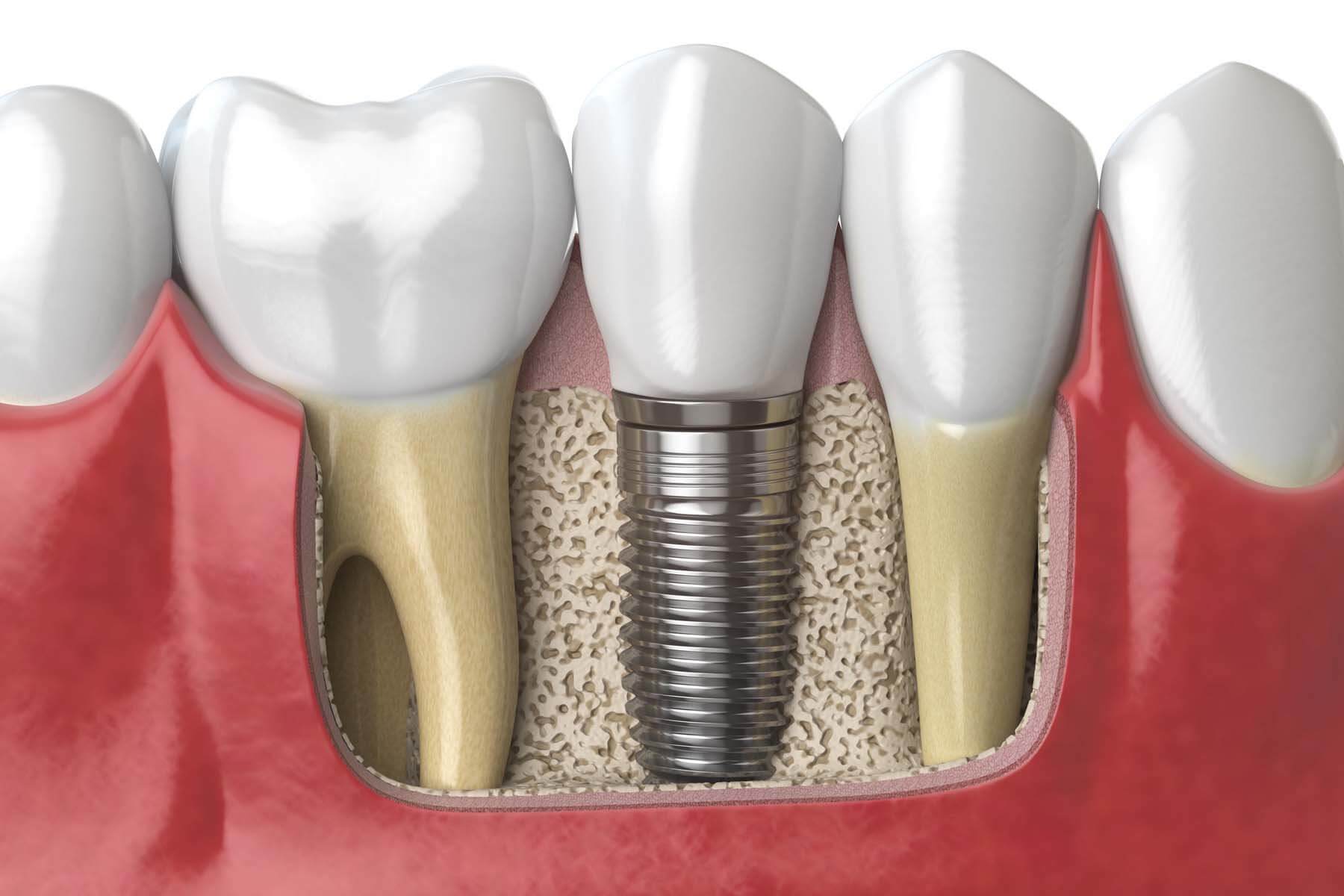






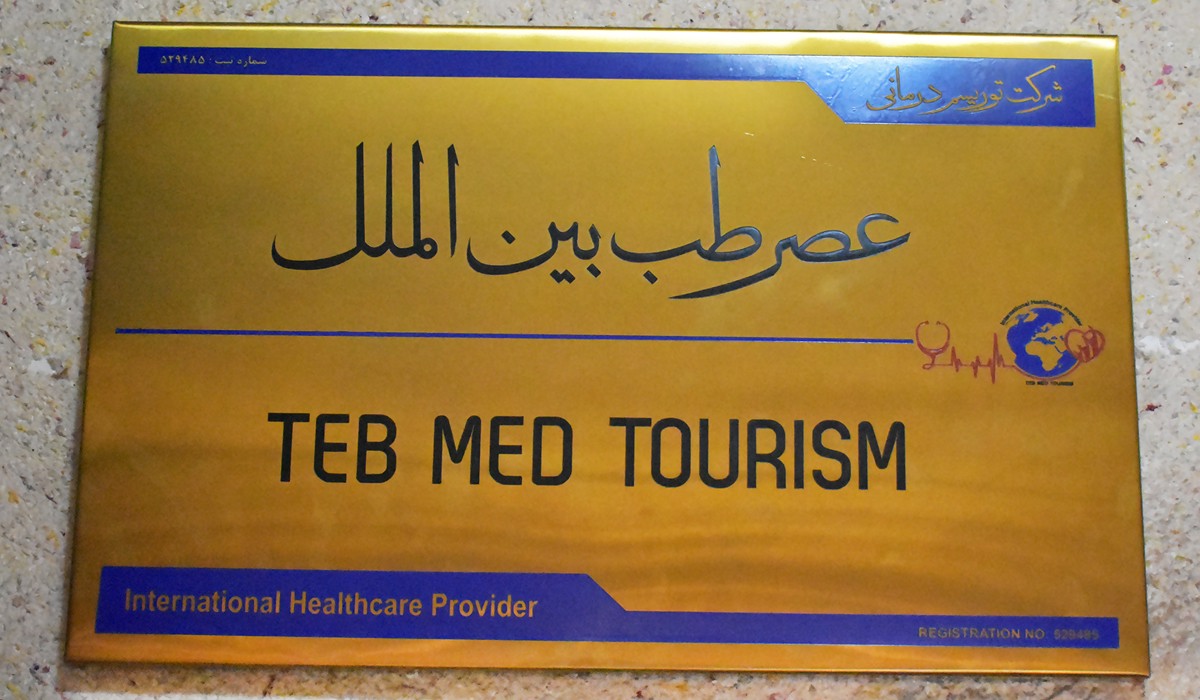

Comments & Questions